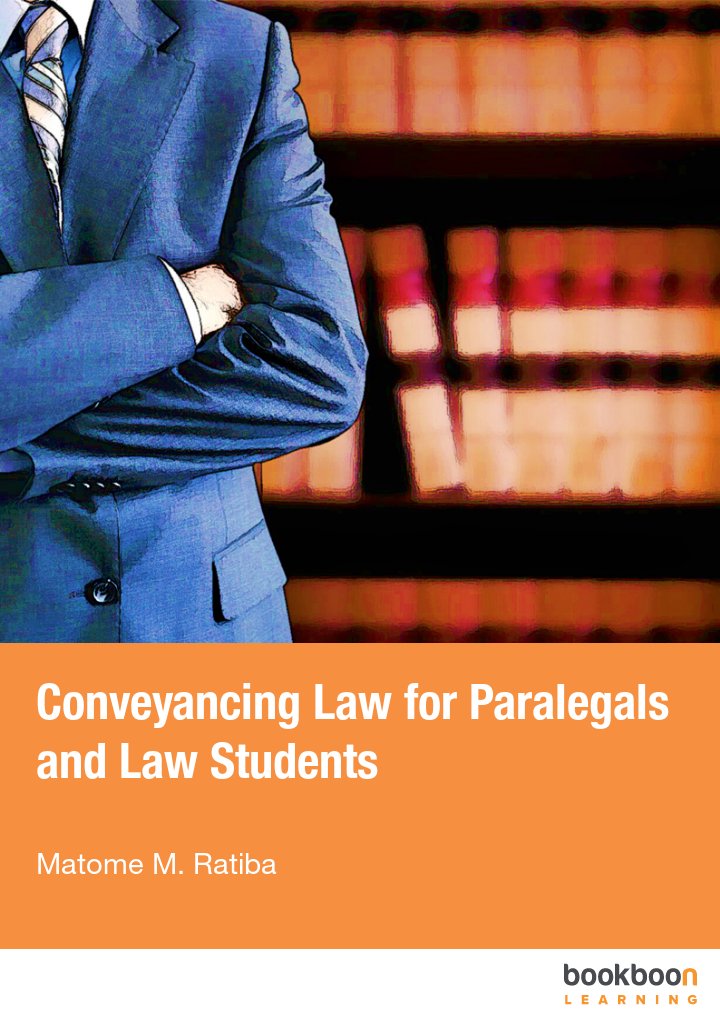

It's time to put aside your concerns and trust us to find the best conveyancers for your property, for the sake of your wallet and your peace of mind. Luckily, there's a simple answer - comparing quotes before you instruct. It's difficult to know which solicitor to take care of your conveyancing needs. Compare online conveyancing quotesīuying and selling a property is a minefield. In others there is an element of legal protection offered to the purchaser once their offer has been accepted by the vendor. In some jurisdictions conveyancing agreements are not considered legally binding until the exchange of contracts has taken place. (1) A conveyance is effectual to pass all the estate, right, title, interest, claim and demand that the conveying parties respectively have in, to, or on the.
#CONVEYANCING LAW DEFINITION REGISTRATION#
In most countries conveyancing is facilitated by a system of land registration based on established public records.

The exchange of contracts is the process whereby equitable title passes from the vendor or seller to the purchaser.Ĭompletion is the means whereby legal title passes from the vendor to the purchaser.Ī purchaser must ensure that he obtains a lawful 'title' to the land/property together with all the rights that are associated with the land/property and that he is made aware of any restrictions associated with the land/property in advance of the transfer. These transactions are usually undertaken by a solicitor or qualified conveyancer on behalf of the vendor and purchaser.

The conveyancing process commonly involves two fundamental legal transactions the exchange of contracts and completion, although the process also incorporates the pre-contract stage. The landowner is, certainly, compensated for the transfer of these rights to the exploration company.Conveyancing is the transfer of legal title of land or property from one party to another.Ĭonveyancing can also involve the creation or cessation of an ownership interest in land or property. The most popular conveyance is a contract giving mineral rights without turning over the land title, but conveyances are also utilized for establishing right of way for a company's operations on the property of a landowner. As land is a type of real estate with attached rights, exploration companies utilize the term conveyance to refer to contracts that transfer to the company rights to or ownership of specific parcels of land. Mineral Rights ConveyanceĬonveyance applies to the oil and gas industry as well. The documents provided for conveyancing usually include the mortgage documents, the title insurance binder, certificate of liens, the deed, and any side agreements associated with the sale. The process involved in a typical conveyance would include a review for liens, as well as, other encumbrances, ensuring every condition has been met, settling all charges and taxes with the right party before the transfer, confirming financing, as well as, preparing every necessary document for final settlement. Conveyance is the category and sales deed is a conveyance type which falls within this category.

The conveyance in the majority of real estate transactions is also referred to as the sale deed. Real Estate ConveyanceĬonveyance as a terminology generally applies legally beyond residential real estate. The majority of buyers buy title insurance to safeguard against the likelihood of fraud during the process of title transfer. Conveyancing makes sure that the buyer is informed beforehand of any restraint on the property, like liens and mortgages, and guarantees the buyer clean title to the property. Supposing either party doesn't do so, the other party is capable of suing the defaulting party to court to either claim damages or enforce the contract. How Does a Conveyance Work?Ī conveyance refers to a contract, meaning that the buyer, as well as, the seller is legally bound to fulfill their obligations. Conveyance of ownership of real estate is also known as conveyancing, and the legal representative supervising the process is called a conveyancer. The term is often associated with real estate, where a conveyance is the written contract existing between the buyer and the seller stating the purchase price agreed on and also the actual transfer date, and also both parties obligations and responsibilities. Lawthe branch of law practice consisting of examining titles, giving opinions as to their validity, and drawing of deeds, etc., for the conveyance of. Conveyance also means the written instrument, like a lease or deed which transfers a property's legal title from the seller to the buyer. Back To: Real Estate, Personal, & Intellectual Property What is a Conveyance?Ĭonveyance involves the transfer of ownership interest in the property from a party to another one.


 0 kommentar(er)
0 kommentar(er)
